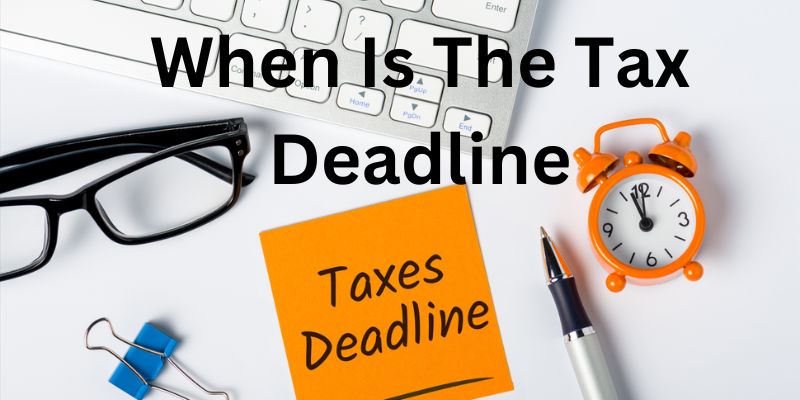Stocks Vs. ETFs: Overview
Triston Martin
Oct 13, 2023
A stock refers to fractional ownership in a company and often trades on an exchange when a company is publicly traded. When you hold a stock, you are exclusively investing in the profitability of that specific company.
Stocks may increase or fall in the short term for various reasons, and market trends frequently influence daily stock performance. But over time, a stock more precisely tracks the company's growth. The stock tends to increase when the company increases its profits.
Individual stocks may perform incredibly well over the long run, but they can be highly volatile in the near term. High-flying equities frequently experience a 50% fall in one year before outperforming the market over the long term. Conversely, a strong stock may increase by 50% or more in just one year, mainly if the market is robust.
What are ETFs
ETFs represent collections of assets frequently comprising bonds, stocks, or a combination of the two. Several ETFs may hold dozens or even hundreds of equities. Investors can thus indirectly possess an interest in all the stock the fund holds by purchasing a single ETF share. It's an ideal way to buy a variety of frequently affordable stocks.
ETFs frequently invest in equities with a particular focus, such as large firms, dividend-paying companies, value-priced stocks, or those involved in a specific industry, like the financial sector. Some specialized ETFs give you a chance to achieve larger returns.
Most ETFs have passive management, meaning they duplicate an asset index, like the S&P 500, which comprises many of America's biggest companies. The ETF's holdings change only when the constituents of the underlying indexes change.
What are ETFs vs. Stocks
Volatility
When you buy stocks, you invest in certain businesses. With ETFs, you purchase a group of stocks or bonds bundled into a single product.
Since an ETF is a basket of several assets that provides immediate diversification, it is typically a less volatile investment compared to individual stocks.
The total impact on your investment portfolio is balanced out if only one stock within an ETF sees a value drop while others maintain or even improve in value. However, your portfolio may take a significant hit if you invested in several particular equities and their value dropped.
Buying Process
The procedure for buying stocks and ETFs is quite similar. You can open an affordable brokerage account and buy both on your own. Even though both investment products have comparable purchase fees, ETF investors often pay less since they conduct fewer trades.
Through robo-advisors or investment advisors, you can buy ETFs. While some advisors may be able to invest in stocks on their customers' behalf, these services are normally only provided to wealthy individuals.
Research and management
Before purchasing stock in a company, some investors will carefully review its financial statements, while others may choose their stocks based only on intuition. Once purchased, you often need to manage your stock assets regularly.
In contrast, a fund provider issues ETFs and often follows an index or industry. Investors may find passive investing appealing because it involves less direct involvement.
Investing in ETFs Vs. Stocks
ETFs vs. individual stocks investing decisions are frequently a personal choice. Since there are two distinct investing possibilities, there is no right or wrong approach. Additionally, you are not required to choose one over the other. In many situations, investing in both stocks and ETFs makes sense.
When to Invest in ETFs
For those who want clarity, ETF investment is great. Although dozens of ETFs are available, one is made for almost every situation. For instance, if you want your money to grow, you can choose an ETF with greater stock exposure. On the other hand, if you're close to retiring, consider investing in ETFs that prioritize capital preservation.
You will only receive average returns because ETFs typically follow an index or sector. Accepting expected returns is a suitable strategy because your money may still increase. However, some people may perceive this as a drawback, especially if they're focused on rapid growth.
More importantly, using ETFs doesn't take any time from your end. The majority of ETFs employ algorithms. Thus, all the trading is done automatically. ETFs charge MER, or management expense ratio, often less than mutual funds. However, there is no MER when buying stocks.
When to Invest in Stocks

Investors who want total control over their holdings will find stocks appealing. You can select the stocks you want to purchase and sell. This tactic could entail more work because, before investing, you might need to research the company's finances and other aspects.
You may be entitled to shareholder rights as a stockholder, such as voting by proxy. This offers an excellent chance to make a significant difference for companies or industries that are important to you.
Additionally, choosing stocks gives you a chance to achieve returns that are above average.
Bottom Line

ETFs are an excellent option for many novice investors and those who don't want to invest the time and effort necessary to buy individual stocks. Despite the possibility of finding massive hits among individual stocks, there's an excellent opportunity to perform well with ETFs consistently. Of course, if you want to assess your expertise, you can combine the two approaches to gain the advantages of a diverse portfolio with the potential added benefit of a few specific stocks.







